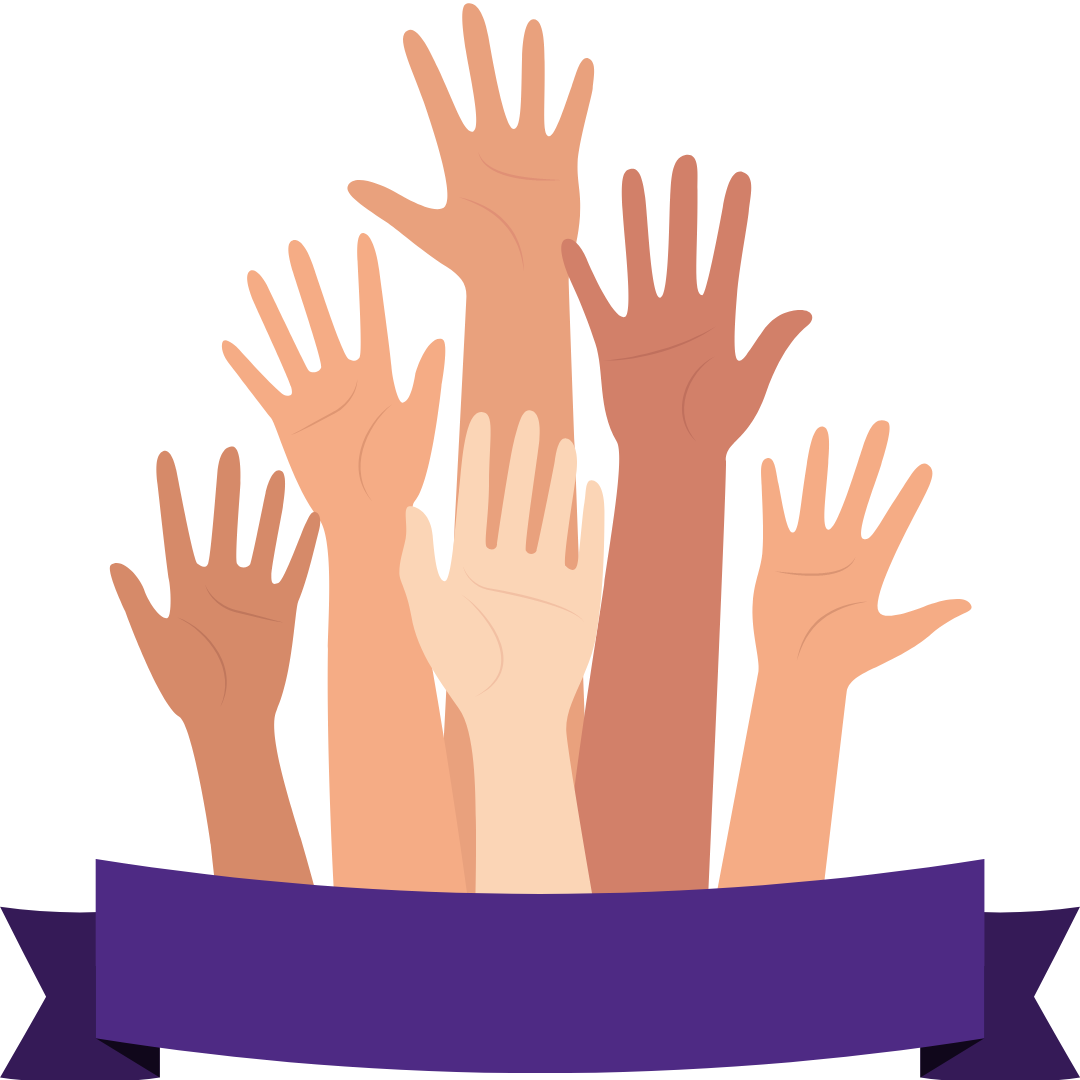Hand & Arm Control Research Study
Researchers at Northwestern University are partnering with healthy individuals to examine how the brain prepares for hand and arm movement. Join our compensated study today!

Fast Facts
18-80 years old
right-handed
Adequate Hearing and Movements
Compensation Provided
Conducted in chicagoland
Study Background
How does your brain prepare for motor tasks of your arms and hands?
This study examines the role of the brain in preparation for motor tasks of the arm and hand.
If you decide to take part in the study, your role will be to do motor tasks like open your hand, lift up your arm, or open your hand while lifting up your arm, as we measure your brain and muscle activity. These tasks will be performed either at your own pace, or in response to a soft or loud sound.
Your participation will help researchers improve our understanding for upper limb movement control.
Join us in Chicago as part of our compensated non-invasive research study!

Study Background
How does your brain prepare for motor tasks of your arms and hands?
This study examines the role of the brain in preparation for motor tasks of the arm and hand.
If you decide to take part in the study, your role will be to do motor tasks like open your hand, lift up your arm, or open your hand while lifting up your arm, as we measure your brain and muscle activity. These tasks will be performed either at your own pace, or in response to a soft or loud sound.
Your participation will help researchers improve our understanding for upper limb movement control.
Join us in Chicago as part of our compensated non-invasive research study!
Additional Information
You may qualify for this study if you meet the following criteria.
Key Criteria:
- 18-80 years old
- No impaired movement
- Adequate hearing (i.e. no deafness or hearing aids)
- Right-handed
- English-speaking
- MRI eligible
In total there will be 2-3 visits to the lab located in downtown Chicago. Two of the visits are 4-5 hours of data collection, and one visit is a 15-min MRI.
During the first 0.5~1 hours, you will be asked to perform a set of movements using your arm and hand, as well as answering some questions and responding to some sounds. This is to determine your eligibility for the study.
Once eligible, you will continue with data collection, which will last about 3.5 hours. At the end, you will be scheduled for an MRI scan and another session of data collecting. During these data collecting sessions, you will be asked to repeatedly open your hand with or without lifting up your arm while we measure your movements and your brain activity, all using non-invasive methods.



